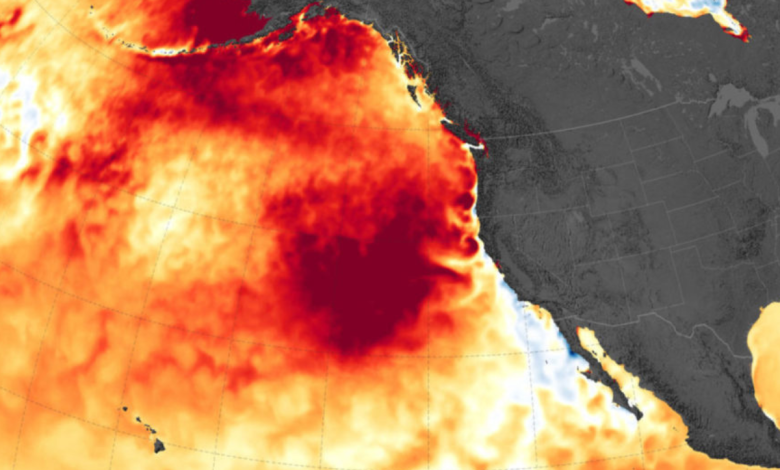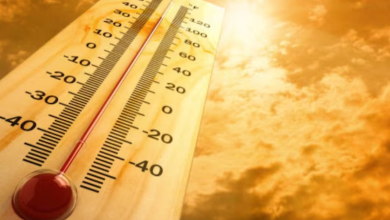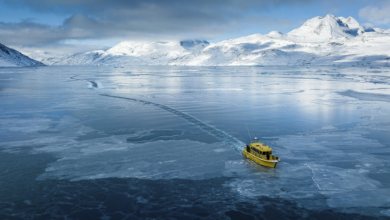Scientists assess widespread impacts of marine heatwaves

Amid an unprecedented spike in global average sea surface temperatures, scientists associated with the World Meteorological Organisation co-sponsored World Climate Research Programme have made an assessment of recent trends and what could be expected in the future.
The global trends assessed also included an increase in marine heatwaves, which occur when ocean temperatures are well above average for an extended period. While warmer ocean temperatures impact the marine environment, they could also fuel developing cyclones.
Why Is It Important?
Each year, marine heatwaves result in billions of US dollars in damages to associated ecosystems and to industries such as tourism or fisheries. And forecasts predict continuing widespread warming over the coming months.
During summer, marine heatwaves cause stress on a large variety of marine species including foundation species such as corals, kelp and seagrass. This year, coral reefs off the Florida Keys have encountered a never-seen-before level of coral bleaching.
These species experience substantial harm from El Nino marine heatwave conditions. Nevertheless, aside from ecosystems, ocean heat remains an important fuel source for developing tropical cyclones, while triggering fluctuations in the monsoon rainfall.
Amid the ongoing climate emergency, instances of extreme ocean warming are expected to further exacerbate in frequency, duration and intensity. Each increment could lead to a severe impact on biodiversity, unless the world agrees on dramatic mitigation and adaptation efforts.
What Could Be Done?
Effective responses to marine heatwaves require action from a broad range of stakeholders, including policymakers, researchers, conservationists, civil society and the private sector. Governments must invest in nature-based solutions alongside ambitiously reducing emissions.
Also Read: Africa Climate Week 2023 could popularize ‘Active Mobility’
National and sub-national governments should implement measures to build regional ocean resilience and protect communities. Examples of such measures include enforcing fishing restrictions and creating marine protected areas to act as refuges for several species.



